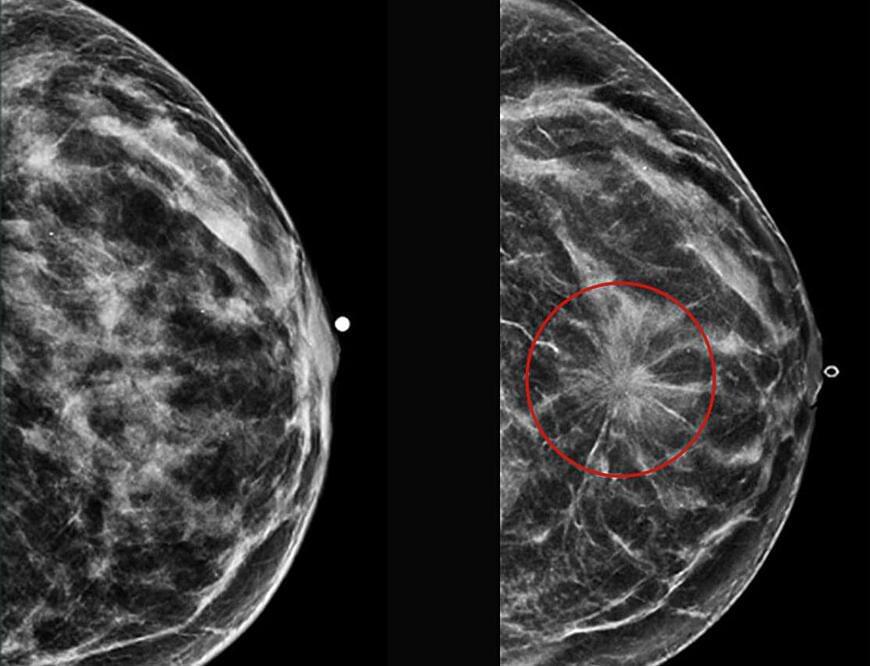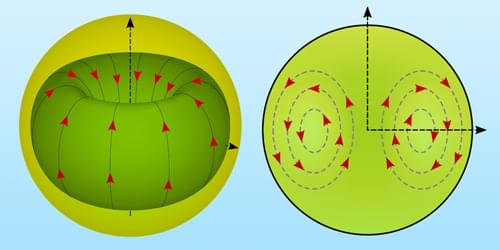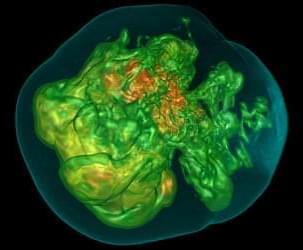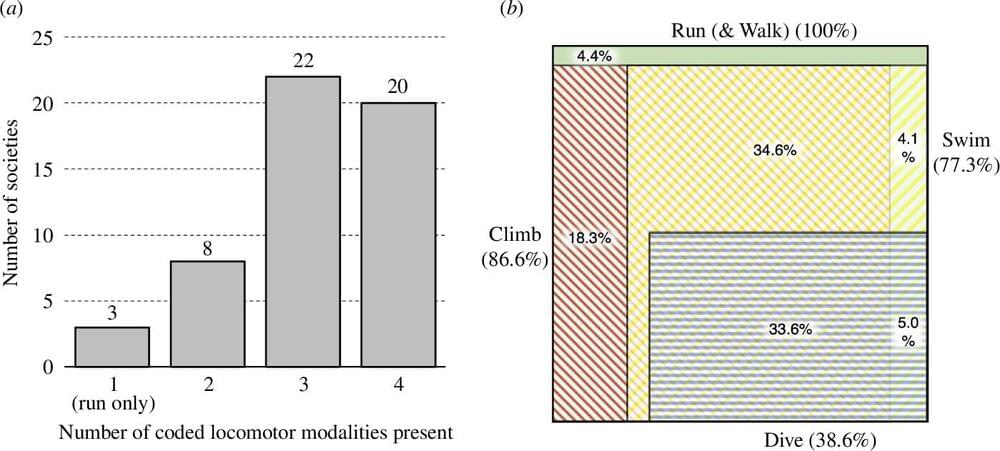By Sher Bahadur Poudel & Shoshana Yakar et al.
Several mouse lines with congenital growth hormone (GH)/insulin-like growth factor-1 (IGF-1) axis disruption have shown improved health and extended lifespan. The current study investigated how inactivating this axis, specifically during aging, impacts the healthspan. We used a tamoxifen-inducible global GH receptor (GHR) knockout mouse model starting at 12 months and followed the mice until 24 months of age (iGHRKO12–24 mice). We found sex-and tissue-specific effects, with some being pro-aging and others anti-aging. Measuring an array of cytokines in serum revealed that inactivation of the GH/IGF-1 axis at 12 months did not affect systemic inflammation during aging. On the other hand, hypothalamic inflammation was significantly reduced in iGHRKO12–24 mice, evidenced by GFAP+ (glial fibrillary acidic protein, a marker of astrocytes) and Iba-1+ (a marker for microglia). Liver RNAseq analysis indicated feminization of the male transcriptome, with significant changes in the expression of monooxygenase, sulfotransferase, and solute-carrier-transporter gene clusters. Finally, we found impaired bone morphology, more pronounced in male iGHRKO12–24 mice and correlated with GH/IGF-1 inactivation onset age. We conclude that inhibiting the GH/IGF-1 axis during aging only partially preserves the beneficial healthspan effects observed with congenital GH deficiency.
Inactivating the GH axis during aging has sex-and tissue-specific effects on healthspan. Deleting the GH receptor (GHR) in the entire body at 12 months of age led to feminizing the male liver transcriptome, significantly altering the expression of p450 and sulfotransferase gene clusters. While GHR deletion during aging did not impact systemic inflammation, it was linked to reduced hypothalamic inflammation. Additionally, we observed impaired bone morphology, particularly in male mice, which correlated with the age at which GH/IGF-1 inactivation began. Our findings suggest that inhibiting the GH axis during aging only partially maintains the beneficial healthspan effects seen with congenital GH deficiency.









